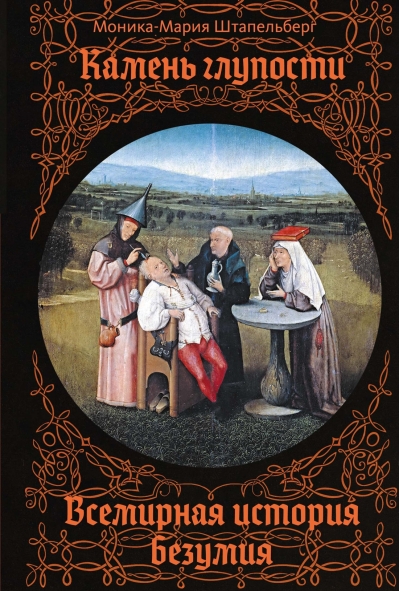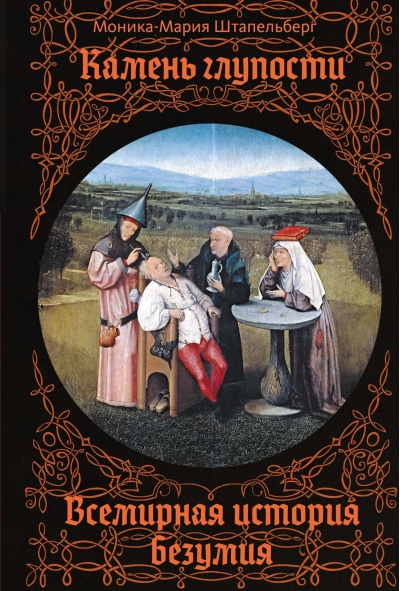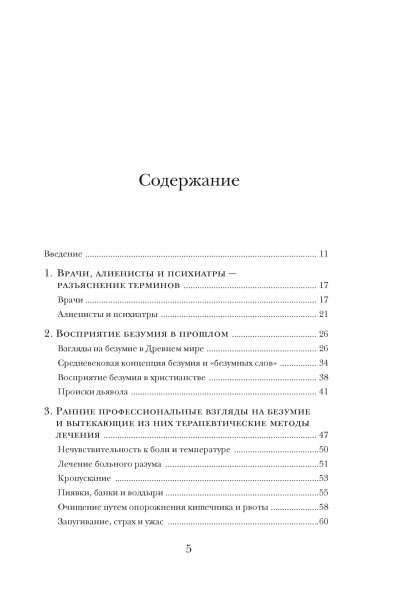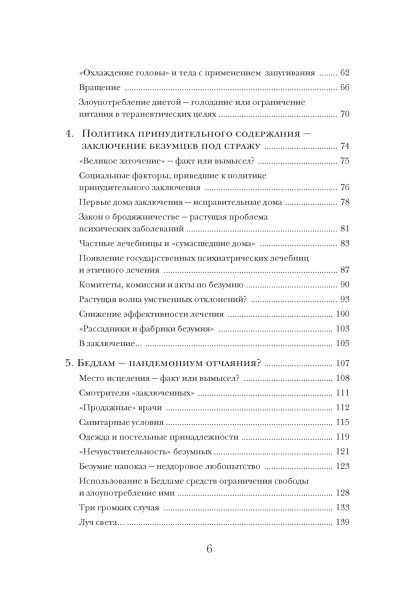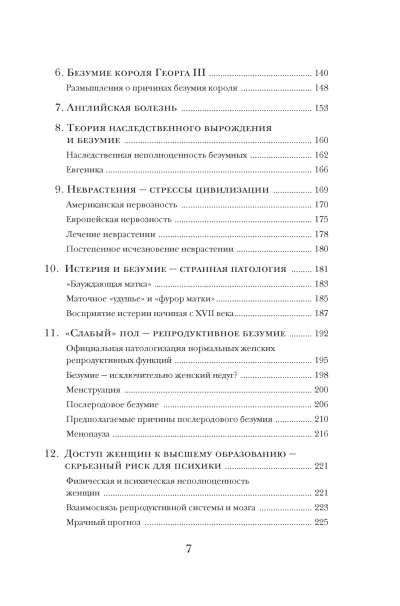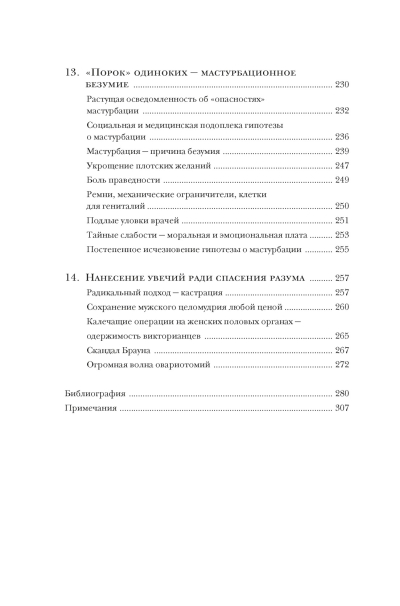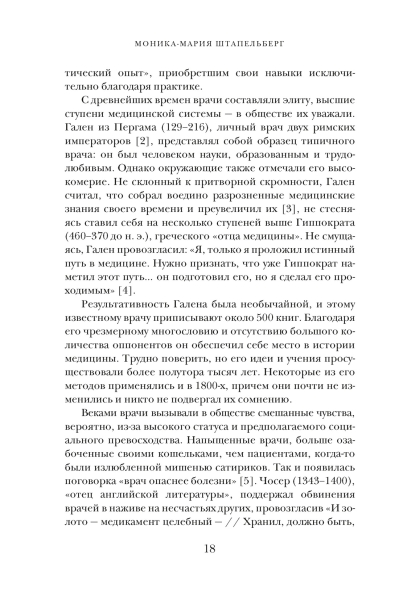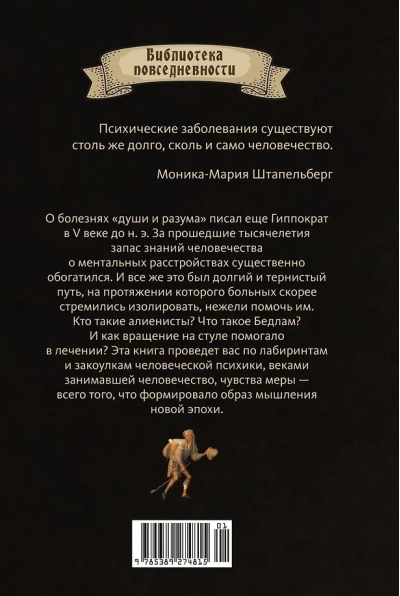The Stone of Folly: A World History of Madness
19.99 €
In stock
Who can be considered insane? Throughout history, this question has been answered in various ways. Psychiatry as a distinct field emerged in the mid-19th century, integrating the knowledge of previous eras. The sick were considered witches and later kept in special institutions that were not known for their humaneness. Even kings were not immune to mental disorders.
The development of psychiatry has passed through the dark pages of eugenics and numerous prejudices. Any mental illness in women was attributed to the reproductive system, masturbation was considered a source of insanity, men were treated with castration, and both sexes with circumcision. In this book, you will meet Hippocrates and Galen, Michel Foucault and George III, and discover new facets of madness.
"The perception of mental health and mental illness is very different from what it was during the early civilizations, and continues to evolve as knowledge and understanding of the human psyche accumulates." "The term 'madness' is therefore merely a distorted representation of constantly shifting, fluctuating social values. For centuries, the concept of madness has reflected the social, cultural, and intellectual structure of society, as well as the mindset of each era, which is what I emphasize in this book." (Monika-Maria Stapelberg)
The development of psychiatry has passed through the dark pages of eugenics and numerous prejudices. Any mental illness in women was attributed to the reproductive system, masturbation was considered a source of insanity, men were treated with castration, and both sexes with circumcision. In this book, you will meet Hippocrates and Galen, Michel Foucault and George III, and discover new facets of madness.
"The perception of mental health and mental illness is very different from what it was during the early civilizations, and continues to evolve as knowledge and understanding of the human psyche accumulates." "The term 'madness' is therefore merely a distorted representation of constantly shifting, fluctuating social values. For centuries, the concept of madness has reflected the social, cultural, and intellectual structure of society, as well as the mindset of each era, which is what I emphasize in this book." (Monika-Maria Stapelberg)
See also:
- All books by the publisher
- All books by the author
- All books in the series Library of Everyday Life


